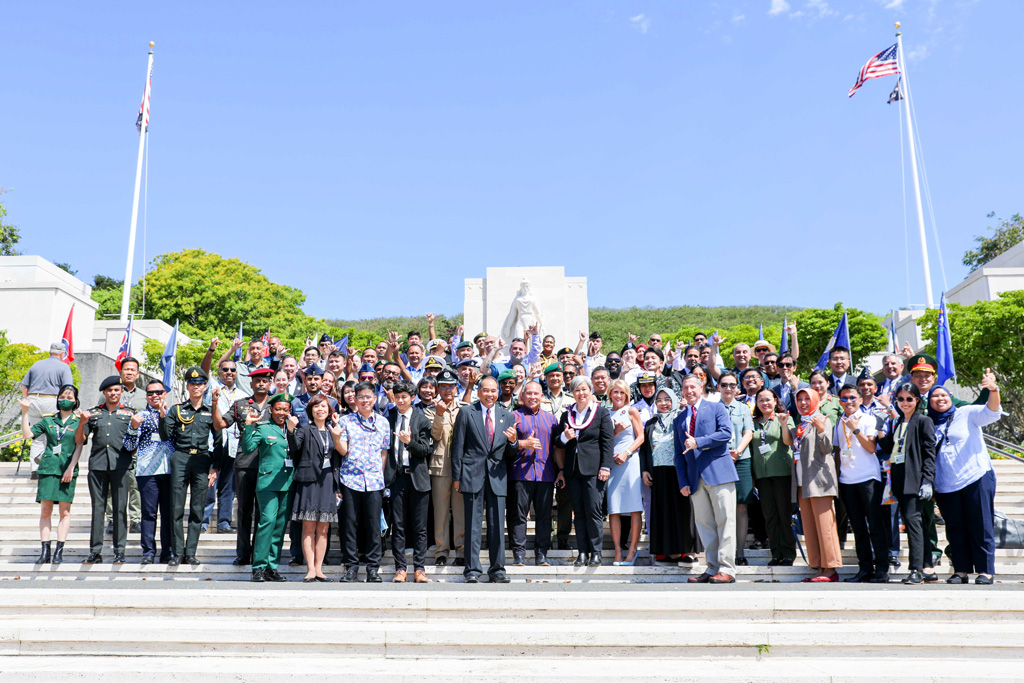Balancing Economic Security: Insights from Alumnus Col. Mendee Jargalsaikhan
Alumnus Col. Mendee Jargalsaikhan is the Deputy Director for Mongolia's Institute for Strategic Studies of the National Security Council. He is a graduate of the Comprehensive Security Cooperation 23-1 course and the Executive Course 01-2.










